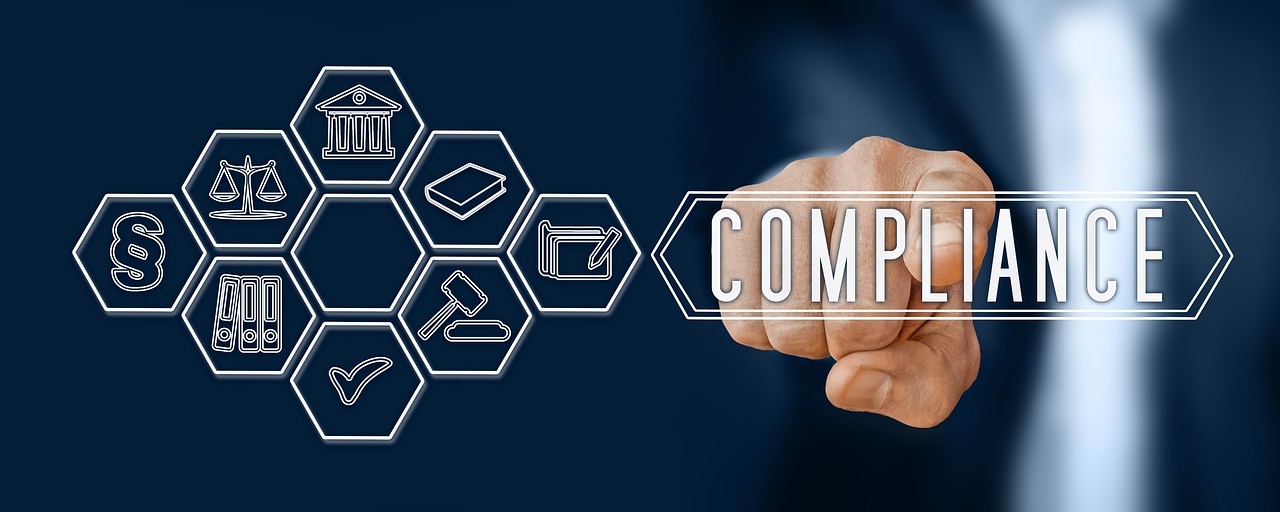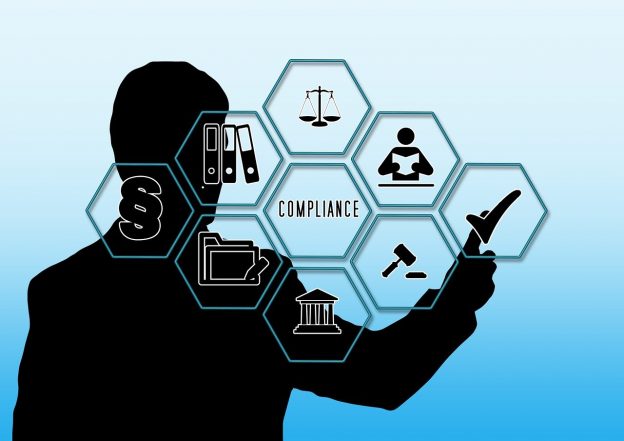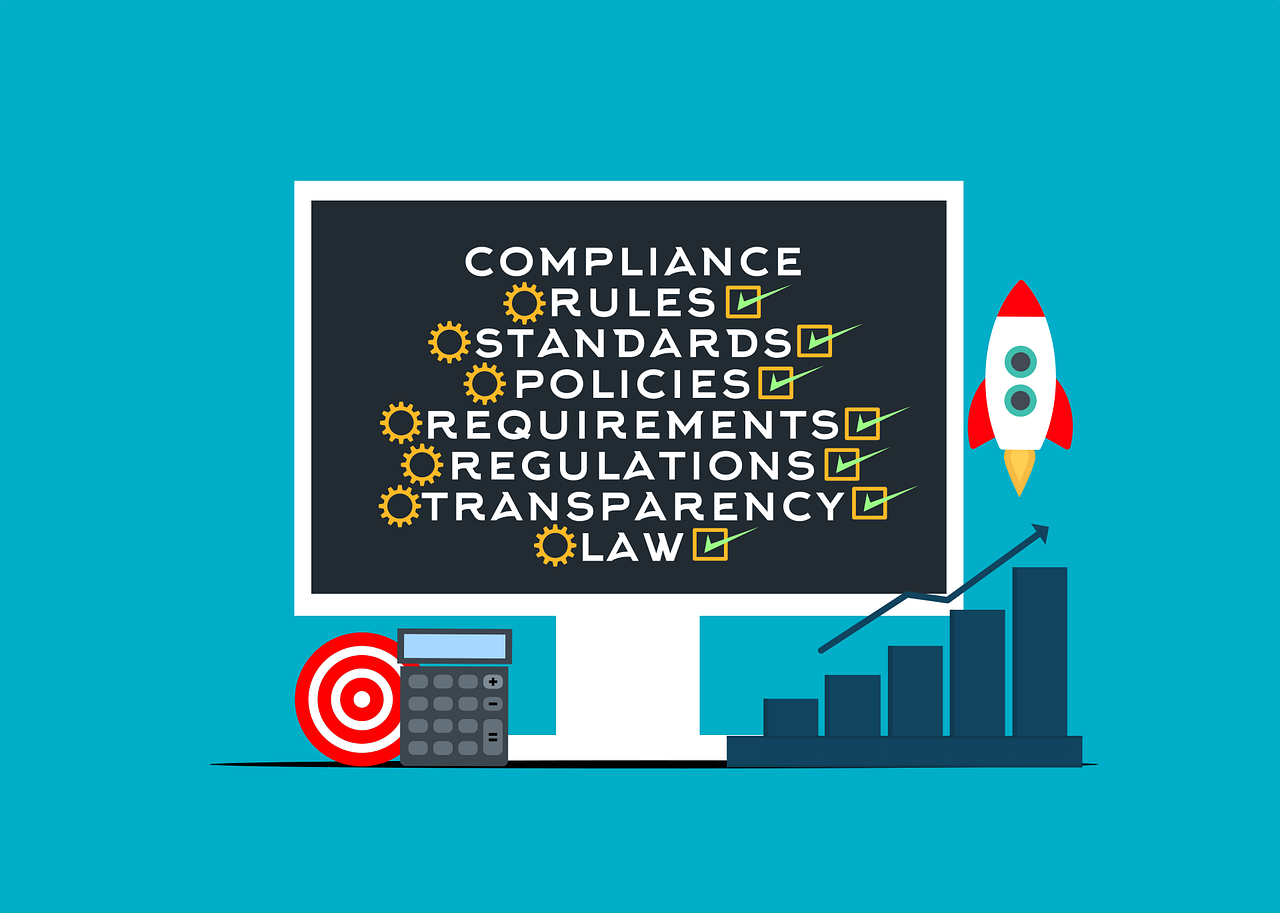Are you a business owner looking to hire new employees? Ensuring that your job advertisements comply with all relevant laws and regulations is crucial in today’s competitive job market. In this article, we will explore the importance of job advertisement compliance and provide you with valuable insights and tips to help you navigate this aspect of hiring. From understanding the legal requirements to avoiding discriminatory language, our goal is to equip you with the knowledge and resources needed to create job advertisements that attract top talent while adhering to all necessary legal standards. Stay tuned for expert advice and frequently asked questions on job advertisement compliance.
Understanding Job Advertisement Compliance
Job advertisement compliance refers to the adherence to legal and regulatory requirements when creating and sharing job advertisements. As an employer or hiring manager, it is crucial to understand the legal framework surrounding job advertisement compliance to ensure fair and inclusive hiring practices. Failure to comply with these regulations can lead to legal penalties, reputational damage, and discrimination lawsuits. This article will provide a comprehensive overview of job advertisement compliance, including its importance, key regulations, considerations for job advertisements, prohibited practices, potential consequences of non-compliance, and strategies for ensuring compliance.
What is Job Advertisement Compliance?
Job advertisement compliance encompasses the adherence to laws and regulations that dictate how job advertisements should be created, structured, and shared. These regulations aim to promote fair, equitable, and non-discriminatory hiring practices. Compliance involves using inclusive language, avoiding discriminatory practices, providing accurate representations of job requirements, ensuring transparency in compensation, complying with safety and health standards, and avoiding misleading or deceptive language in job advertisements.

Why is Job Advertisement Compliance Important?
Job advertisement compliance is of paramount importance for several reasons. First and foremost, it helps to ensure that all individuals have equal access to employment opportunities and are evaluated based on their qualifications rather than personal characteristics. By adhering to job advertisement compliance regulations, businesses demonstrate their commitment to fair employment practices and avoid potential discrimination claims or legal disputes. Compliance also helps businesses build a positive employer brand, attract a diverse pool of qualified candidates, and enhance their reputation in the market.
The Legal Framework of Job Advertisement Compliance
Job advertisement compliance is governed by various laws and regulations that aim to prevent discrimination, ensure equal employment opportunities, and protect the rights of job seekers. The primary legal framework includes:
Equal Employment Opportunity Laws
Equal employment opportunity laws prohibit discrimination based on race, color, religion, sex, national origin, age, disability, or genetic information. These laws, such as the Civil Rights Act of 1964 in the United States, aim to ensure that all individuals have an equal chance of being employed and treated fairly in the workplace. It is crucial for employers to adhere to these laws when creating job advertisements to avoid potential discrimination claims.
Prohibition of Discrimination
In addition to equal employment opportunity laws, various other laws prohibit discriminatory practices in job advertisements. For example, the Age Discrimination in Employment Act (ADEA) prohibits age discrimination against individuals who are 40 years or older. Similarly, the Americans with Disabilities Act (ADA) prohibits discrimination against individuals with disabilities. Employers must ensure that their job advertisements do not contain discriminatory language or requirements that exclude certain individuals based on protected characteristics.
Fair Employment Practices
Fair employment practices aim to promote equal opportunities for all individuals, regardless of their personal characteristics. These practices require employers to create job advertisements that do not discriminate or exclude candidates based on their race, religion, sex, or other protected characteristics. It is essential for employers to use inclusive and gender-neutral terminology when describing job requirements and qualifications.
Requirements for Safety and Health
Job advertisements should also comply with safety and health regulations to provide a safe and healthy work environment. Employers should accurately represent the safety requirements of the job and avoid any language that may mislead or deceive candidates regarding workplace safety measures. Failure to comply with safety and health requirements can have severe consequences, including legal penalties and reputational damage.
Employment Contract Regulations
Job advertisements must also comply with employment contract regulations. These regulations vary by jurisdiction but typically include requirements related to the inclusion of specific information in job advertisements, such as the job title, duties, qualifications, compensation, and benefits. Employers should ensure that their job advertisements provide accurate and comprehensive information about the position to avoid any disputes or legal issues related to the terms of employment.
Key Considerations for Job Advertisements
Creating compliant job advertisements requires careful attention to various key considerations. By addressing these considerations, employers can enhance their chances of attracting qualified candidates and avoid potential legal issues. Some of the key considerations include:
Non-Discriminatory Language
Job advertisements should use non-discriminatory language that does not exclude or discourage individuals based on protected characteristics such as race, color, sex, religion, age, disability, or national origin. Employers should avoid specifying preferences based on these characteristics and focus solely on the qualifications and skills required for the job.
Inclusive and Gender-Neutral Terminology
Using inclusive and gender-neutral terminology in job advertisements helps to ensure that candidates from diverse backgrounds feel welcome and encouraged to apply. Employers should use inclusive language that reflects their commitment to diversity and equal opportunities.
Avoiding Ageism and Generation Bias
Employers must avoid ageism and generation bias when creating job advertisements. Statements or requirements that specify a particular age range or generational preference can be discriminatory. Instead, employers should focus on the skills, qualifications, and experience necessary for the job.
Accurate Representation of Job Requirements
Job advertisements should provide accurate and comprehensive information about the job requirements, including the necessary skills, qualifications, experience, and education. Employers should avoid exaggerations or overstatements that may mislead applicants.
Clear and Concise Job Descriptions
Clear and concise job descriptions help applicants understand the expectations and responsibilities of the position. Employers should use language that clearly communicates the duties and requirements of the job without excluding or intimidating potential candidates.
Salary and Compensation Transparency
Employers should be transparent about the salary and compensation offered for the position. Providing this information in job advertisements helps potential candidates make informed decisions and ensures fairness in the hiring process.
Requirements for Company Branding and Disclosures
Job advertisements should accurately represent the employer’s brand and culture. Employers should clearly disclose relevant information about the company, such as its name, industry, and location, to avoid any confusion or misrepresentation.
Compliance with Safety and Health Standards
Job advertisements should adhere to safety and health regulations applicable to the specific industry and position. Employers should accurately represent the safety requirements and standards of the job, providing a clear understanding of any potential risks or hazards.
Avoiding Misleading or Deceptive Language
Job advertisements should not contain any misleading or deceptive language. Employers should accurately represent the job and avoid any language that may lead candidates to have false expectations about the position or the company.
Prohibited Practices in Job Advertisements
To ensure compliance with job advertisement regulations, employers must refrain from engaging in prohibited practices. These practices include:
Discriminatory Language and Bias
Employers must avoid using discriminatory language or demonstrating bias in job advertisements. Statements or requirements that exclude or discourage individuals based on protected characteristics are prohibited and can lead to legal consequences.
Exclusionary Language
Job advertisements should not contain language that excludes or discourages certain individuals from applying based on their race, religion, sex, age, disability, or other protected characteristics. Employers should focus solely on the qualifications and skills required for the job.
Illegal Questions and Requirements
Job advertisements should not contain illegal questions or requirements that violate equal employment opportunity laws. Employers should refrain from asking about or specifying preferences based on protected characteristics such as race, religion, sex, age, or disability.
Unfair or Misleading Representations
Employers should avoid making unfair or misleading representations in job advertisements. Exaggerations, false claims, or misrepresentations about the job, company, or working conditions can damage the employer’s reputation and lead to legal consequences.
Salary Discrimination
Job advertisements should not discriminate in terms of salary or compensation offered based on protected characteristics. Employers must provide equal compensation opportunities for all qualified candidates.
Non-Compliance with Safety Standards
Employers must comply with safety and health standards when creating job advertisements. Accurate representation of safety requirements is crucial to ensure candidates have a clear understanding of potential risks associated with the job.
Improper Use of Company Branding
Employers should not improperly use company branding in job advertisements. Using logos or other branding elements without permission or in a misleading manner can lead to legal repercussions.

Potential Consequences of Non-Compliance
Non-compliance with job advertisement regulations can have significant consequences for employers. Some potential consequences include:
Legal Penalties and Fines
Employers who fail to comply with job advertisement regulations may face legal penalties and fines. These penalties vary depending on the jurisdiction and severity of the violation but can be substantial.
Reputational Damage
Non-compliance with job advertisement regulations can damage an employer’s reputation. It may lead to negative publicity, loss of customer trust, and difficulties in attracting qualified candidates.
Loss of Qualified Candidates
Failure to create job advertisements that comply with regulations may result in the loss of qualified candidates. Discriminatory language or misleading representations can discourage talented individuals from applying or accepting job offers.
Discrimination Lawsuits and Disputes
Non-compliance with job advertisement regulations increases the risk of discrimination lawsuits and disputes. Individuals who believe they have been unfairly treated may file complaints or initiate legal proceedings, leading to costly legal battles and reputational damage.
Ensuring Job Advertisement Compliance
To ensure job advertisement compliance, employers can implement several strategies:
Understanding Applicable Laws and Regulations
Employers should familiarize themselves with the relevant laws and regulations governing job advertisements in their jurisdiction. It is crucial to understand the requirements and restrictions to create compliant job advertisements.
Compliance Training for Hiring Managers
Providing comprehensive compliance training for hiring managers is essential. This training should cover the legal framework, prohibited practices, and key considerations when creating job advertisements.
Regular Review of Job Advertisements
Employers should regularly review their job advertisements to ensure compliance with regulations. It is advisable to have a designated compliance officer or legal professional review the advertisements for any potential issues.
Collaboration with Legal Professionals
Collaborating with legal professionals specializing in employment law can help employers navigate complex regulations and ensure job advertisement compliance. Legal professionals can provide guidance, review job advertisements, and address any compliance concerns.

Frequently Asked Questions about Job Advertisement Compliance
1. What is the purpose of job advertisement compliance?
The purpose of job advertisement compliance is to ensure fair and non-discriminatory hiring practices. Compliance with regulations promotes equal employment opportunities, attracts qualified candidates, and helps businesses avoid legal disputes and reputational damage.
2. Can we mention specific age or gender requirements in job advertisements?
Mentioning specific age or gender requirements in job advertisements can be considered discriminatory. Employers should focus solely on the job requirements, skills, and qualifications necessary for the position, rather than personal characteristics.
3. What information should be included in a job advertisement?
A job advertisement should include information such as the job title, duties and responsibilities, required qualifications and skills, compensation and benefits, company information, and contact details for applying or obtaining further information.
4. Can we use our company logo in job advertisements?
Using the company logo in job advertisements is generally permissible as long as it is used accurately and in a non-misleading manner. Employers should ensure they have the necessary permissions and avoid any misuse of branding elements.
5. What are the consequences of non-compliance with job advertisement regulations?
The consequences of non-compliance with job advertisement regulations can include legal penalties and fines, reputational damage, loss of qualified candidates, and discrimination lawsuits and disputes. It is essential for businesses to uphold compliance to avoid these potential consequences.
Conclusion
Job advertisement compliance is a critical aspect of the hiring process that promotes fair and inclusive employment practices. By adhering to legal requirements, using inclusive language, avoiding discriminatory practices, and providing accurate representations, employers can attract diverse talent, prevent legal issues, and enhance their reputation. It is crucial for businesses to understand and comply with job advertisement regulations to ensure a transparent and equitable hiring process that benefits both employers and job seekers.




































